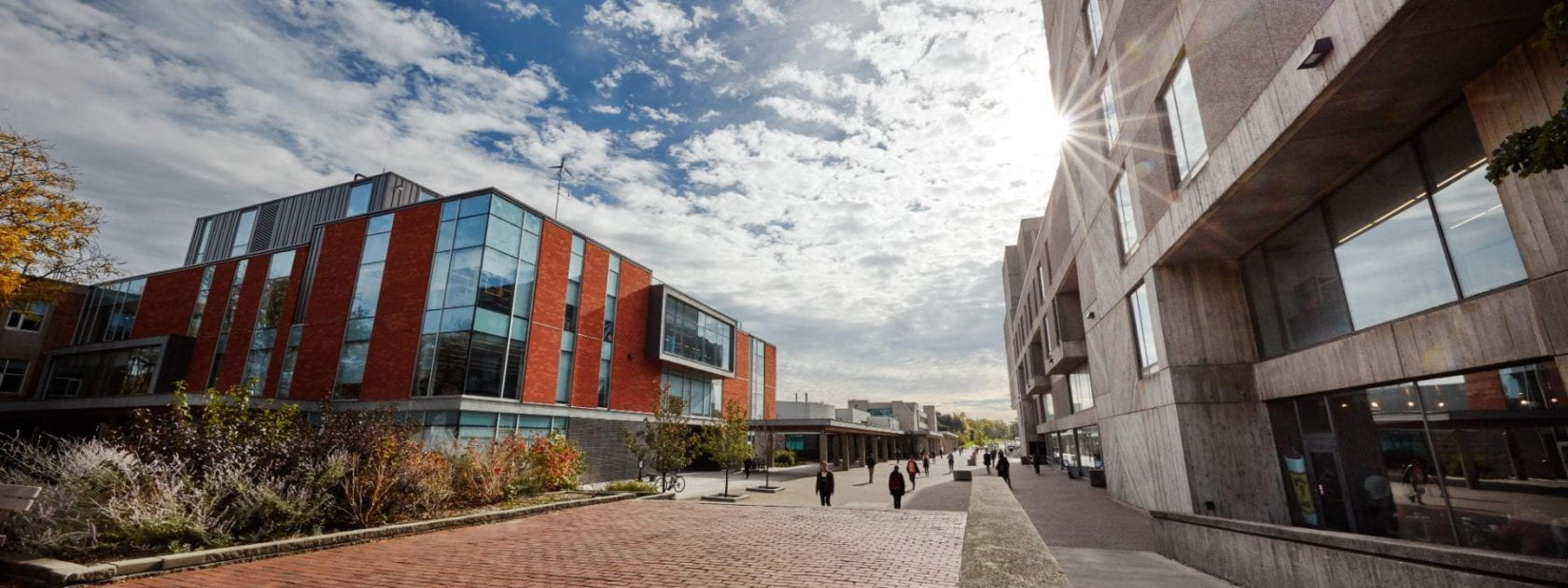Meet the Exploring One Health 2022 Experts!
One Health Foundations Speakers
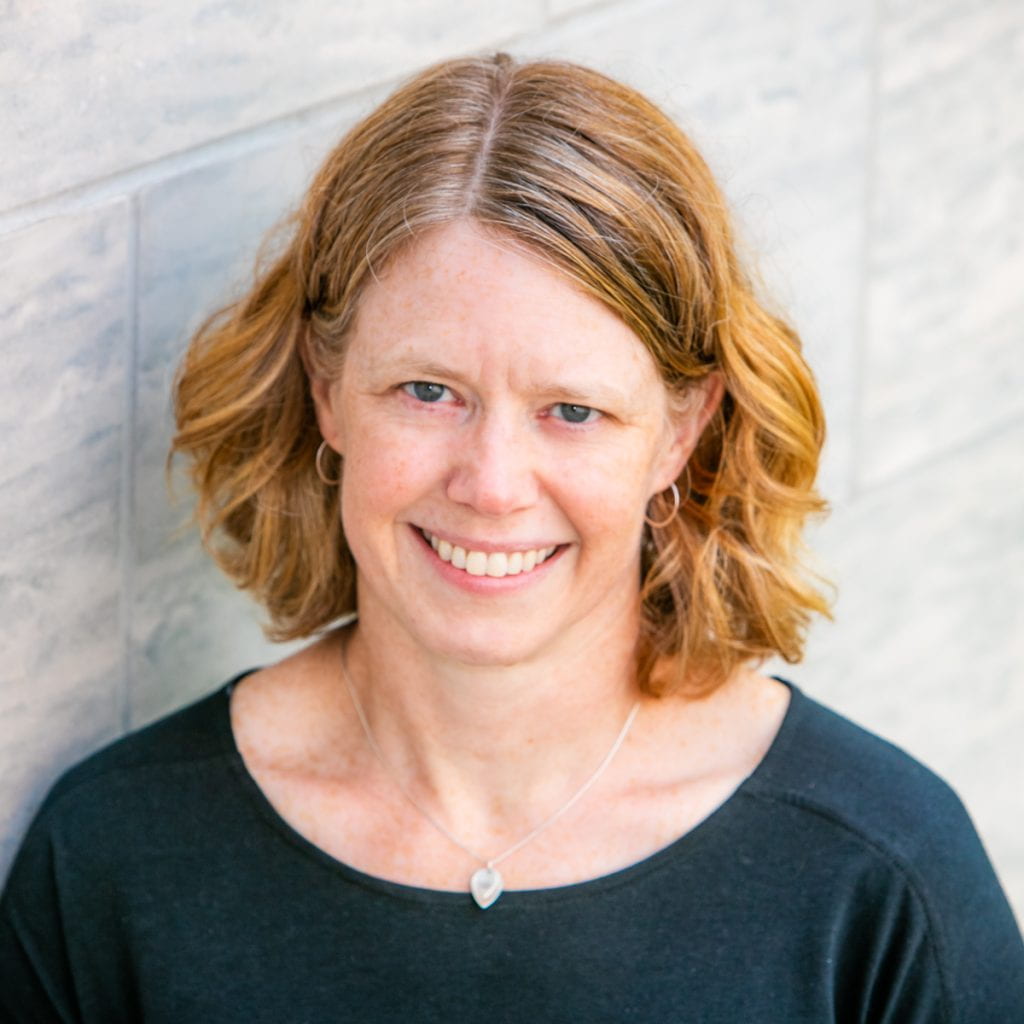
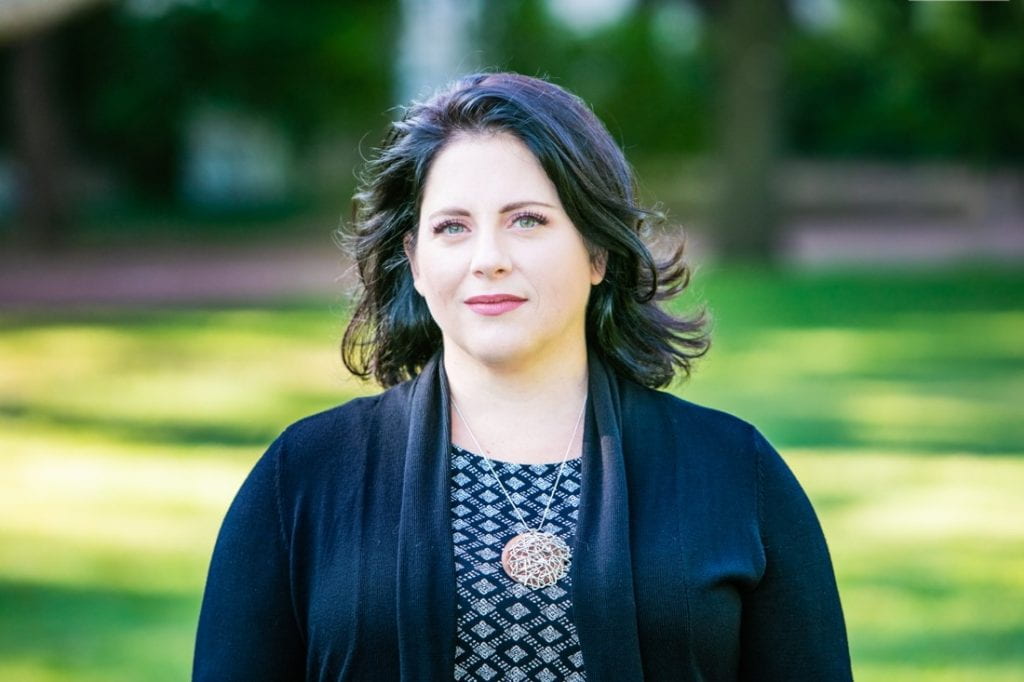

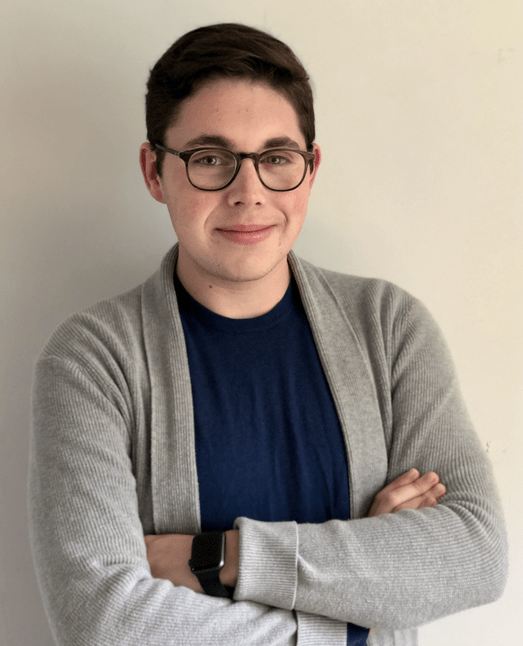
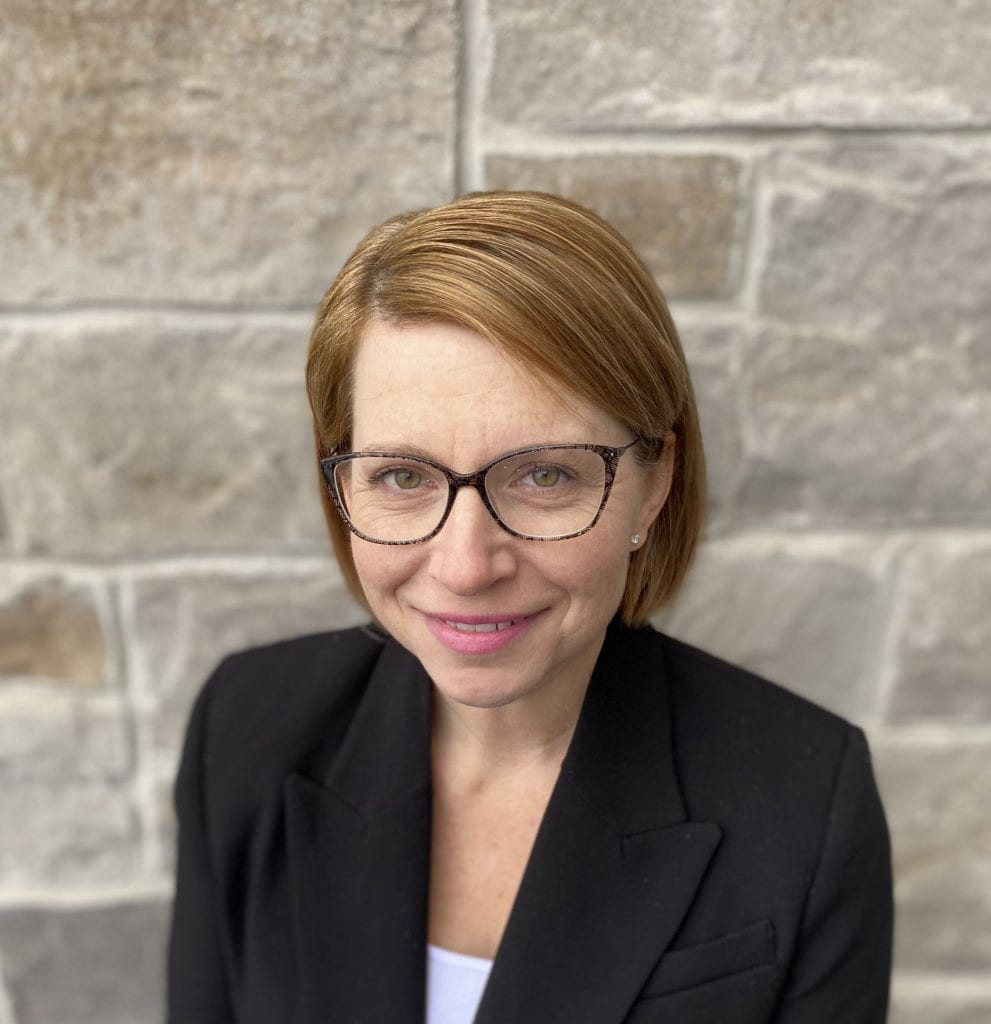
Jane Parmley
Dr. Jane Parmley is an Associate Professor in the Department of Population Medicine at the University of Guelph. She trained as a veterinarian at the University of Saskatchewan and has a PhD in Epidemiology from the University of Guelph. Throughout her career, Jane has worked on complex but fascinating health problems such as antimicrobial resistance (AMR) and emerging zoonotic diseases with government, non-governmental and university-based organizations. Using a One Health approach in her research, Jane uses systems thinking to consider the many drivers that influence health and the interconnections between humans, animals and our shared ecosystems, and collaborates with other disciplinary experts to find creative solutions to complex health problems.
Andria Jones-Bitton
Dr. Andria Jones-Bitton is a veterinarian and Associate Professor of Epidemiology in the Department of Population Medicine and Director of Well-Being Programming at the Ontario Veterinary College, University of Guelph. Her research largely centres on the epidemiology of mental health and resilience in the agricultural and veterinary sectors. She uses a mixed research methods approach (quantitative and qualitative) and participatory action research to achieve her research objectives. Andria loves Canadian agriculture and the veterinary profession, and is proud to work with Canadian farmers, veterinarians, and students.
David R. Lapen
David R. Lapen is a research scientist at the Ottawa Research Development Centre, Agriculture and Agri-Food Canada. He received his Ph.D. at Queen’s University in 1998 on wetland development processes. Dr. Lapen leads the interdepartmental Environmental Change One Health Observatory (ECO2) that focuses on the benefits and trade-offs of natural capital in agro-ecosystems: specifically, how natural capital can regulate and govern water quality/quantity, infectious diseases, crop productivity, GHG emissions, and biodiversity.
Liam Mullins
Liam (He/They) is a fifth-year undergraduate student studying microbiology and neuroscience. He is currently wrapping up a fourth-year research project in the Cox Lab studying Escherichia coli efflux pumps and bacterial fitness. Soon, Liam will be starting his MSc in Experimental Medicine at the University of British Columbia, focusing on vaccine development.He’s also passionate about health equity and climate justice.
Candace Johnson (One Health in Politics)
I am a Professor in the Political Science Department at the University of Guelph (candacejohnson.ca). My research examines gender justice and the political and philosophical dimensions of reproductive rights. I am also interested in transnational expressions and limitations of reproductive rights and justice across borders. My current research examines global reproductive health commitments in practice in Guatemala and Mexico and the politics of feminist solidarity. I am committed to socially engaged research methods as a way to inform inquiry and build theory and have conducted research with partners and communities throughout North America and Latin America. My recent books include: Human and Environmental Justice in Guatemala (co-edited with Stephen Henighan, University of Toronto Press, 2018), and Maternal Transition: A North-South Politics of Pregnancy and Childbirth (Routledge, 2016). In addition, I have served as the Associate Director of the Women and Politics Institute at American University, Washington, DC, the President of the Canadian Politics section of the American Political Science Association, and the Chair of the Women’s Caucus of the Canadian Political Science Association. I am the co-founder of the Grounded and Engaged Theory Lab at the University of Guelph (getlab.ca), and faculty affiliates of the One Health Institute and the Community Engaged Scholarship Institute.
One Health Illustrated
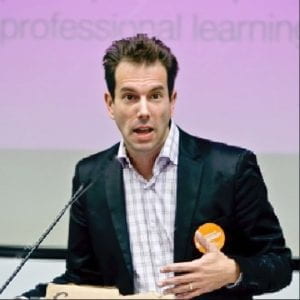
Mark Lipton
Professor Mark Lipton is currently in residence at Environment and Climate Change Canada (ECCC), Science Communication Division, supporting the pedagogical training of ECCC’s science communication professional development program, designed for over 2000 scientists. As an educator, he strikes a balance between theory and practice by employing alternative pedagogical models from multidisciplinary perspectives. He taught both middle and secondary school and worked as a teacher/educator and supervisor; he also works as a curricula specialist in the areas of communication, media, curriculum design, pedagogy, and assessment. He champions the educational uses of media and technology as promoting competence in multi-media literacies and advocates for its pedagogical value among Ontario public-school teachers and stakeholders.
Before coming to Guelph, Lipton directed the Media Ecology program at New York University, worked as a resource and site advisor for New York City public school teachers, taught at the Harvey Milk High School in New York City, held the Mellon Fellowship in Digital Humanities and Visual Literacy at Vassar College, and was the recipient of a Ford Foundation grant. He also spent time as the education director at the Children’s Media Project, a non-profit organization, where he led a team designing health promotion media literacy workshops. The New York State Department of Health and the Children’s Services Council of the United Way funded this multiyear research about health education, media literacy, and visual communication.
One Health Expert Q&A Panelists

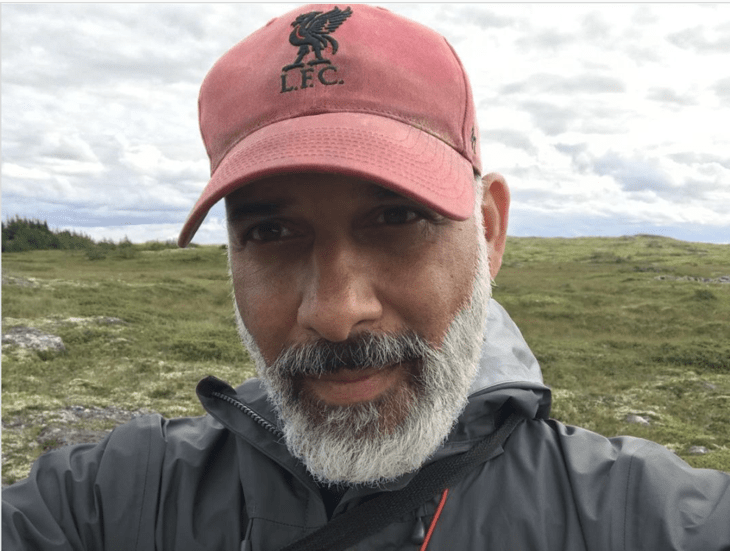
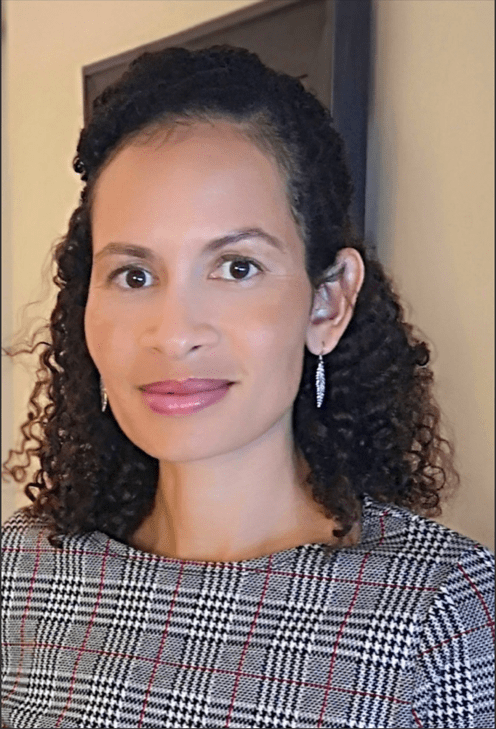
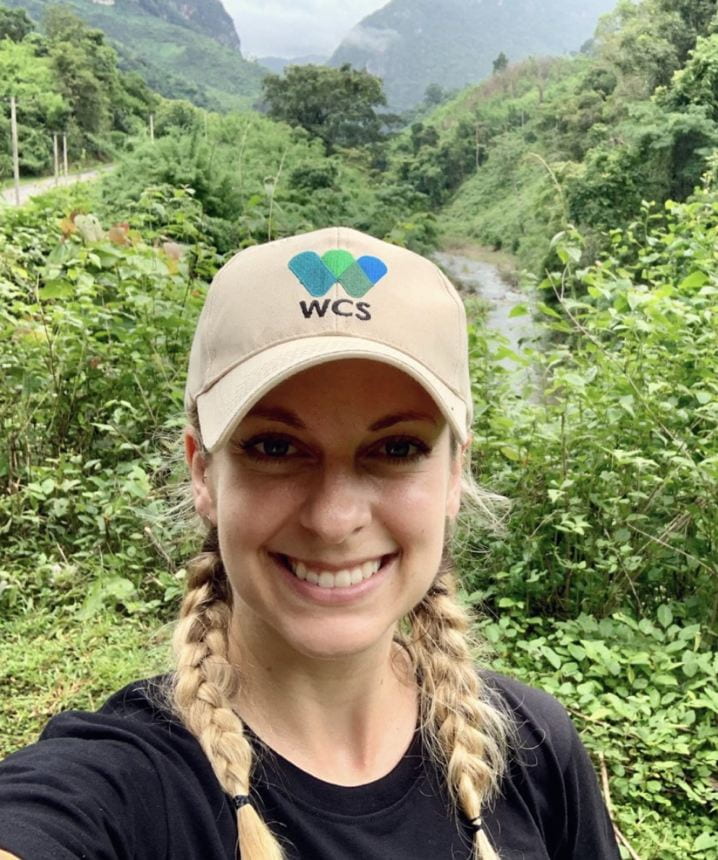
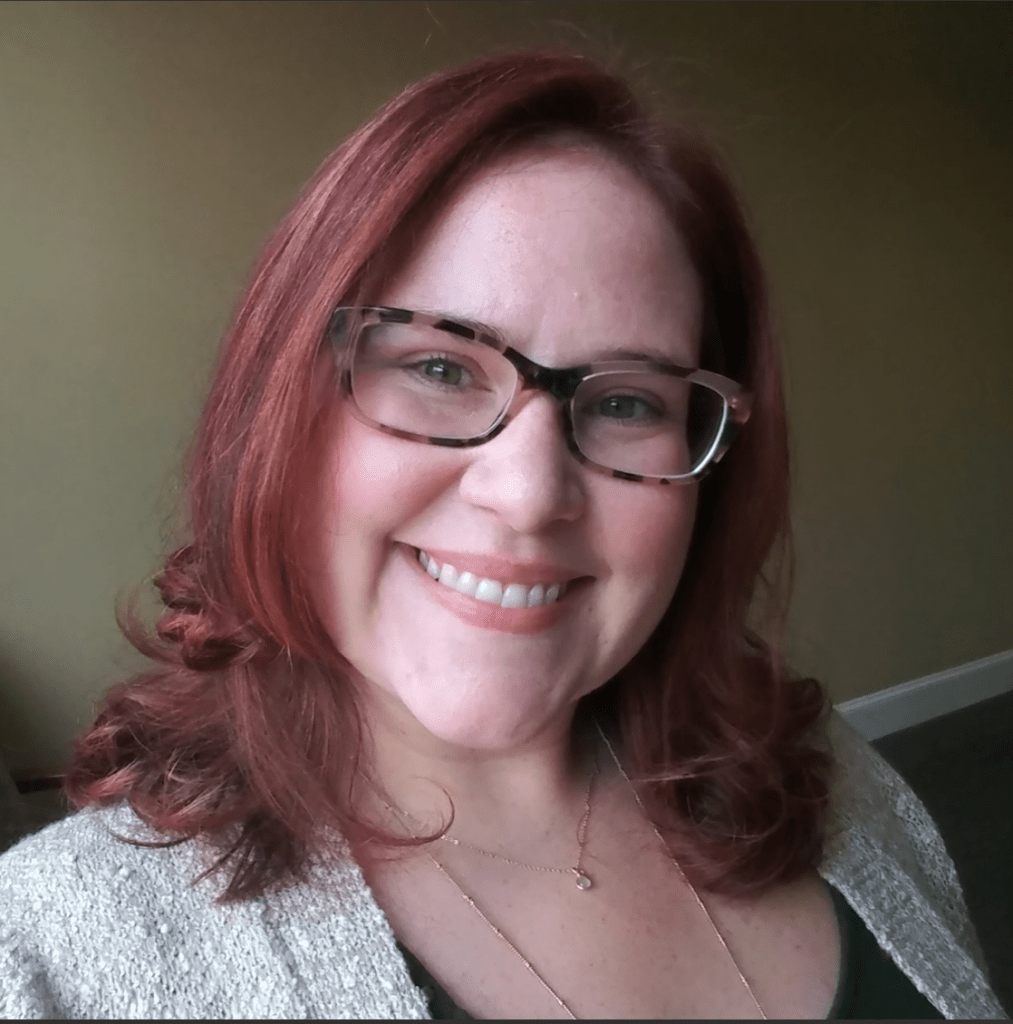
Gerard Wright
Gerard (Gerry) Wright is the lead of Canada’ Global Nexus for Pandemics and Biological Threats at McMaster University. He is a Professor in the Department of Biochemistry and Biomedical Sciences and holds the Michael G. DeGroote Chair in Infection and Anti-Infective Research and a Tier 1 Canada Research Chair in Antibiotic Biochemistry. He was elected as a Fellow of the Royal Society of Canada and a fellow of the American Academy of Microbiology and is the recipient of a Killam Research Fellowship, Murray Award for Career Achievement of the Canadian Society of Microbiologists among other awards. He has trained over 70 graduate students and postdocs and is the author of over 290 manuscripts. His research interests are in the origins and mechanisms of antibiotic resistance in the clinic and the environment and the discovery of new anti-infective strategies, focusing on the application of microbial natural products and synthetic biology towards this goal.
Faisal Moola
Faisal Moola, PhD, is an associate professor in the department of geography, environment and geomatics at the University of Guelph and the former director general of Ontario and Northern Canada for the David Suzuki Foundation. He is the director of the people, plants and policy lab at the University of Guelph, which does research on the ecology and ethnoecology of cultural keystone species with Indigenous Peoples in Canada and overseas. His favourite plant is wild blueberry — preferably picked from heathlands and barrens in coastal Newfoundland and washed down with a mug of strong black tea.
Danielle Julien
Danielle Julien was born in Grenada, West Indies, residing in St. Kitts and Barbados before moving to Guelph, Ontario, Canada. Danielle has a Doctor of Veterinary Medicine, Master of Public Health, and PhD (supervised by Drs. Jan Sargeant and Sherilee Harper) in the epidemiology of zoonoses and One Health from the Ontario Veterinary College, University of Guelph. Danielle is a Research Associate at One Health at UCalgary working in Antimicrobial Resistance (since 2019). Danielle became the first Sessional Instructor for Introduction to One Health (ONEH*1000) at the University of Guelph in 2020, and lead researcher for the development of a One Health Framework for Animal Health Canada in 2021.
Emily Denstedt
Dr. Emily Denstedt is a veterinarian and technical advisor for the Wildlife Conservation Society. She is a graduate of both the DVM and public health programs at the University of Guelph, and has had a diverse career of clinical practice, pathology, disease surveillance, and capacity bridging. She leads the Wildlife Health program in Laos and conducts surveillance for zoonotic pathogens at human-wildlife interfaces such as wildlife trade markets and protected areas. Her current work is focused on building a wildlife health surveillance network using a One Health approach at a national scale.
Danielle Sholly
Danielle Sholly, PhD is an animal scientist in the Office of New Animal Drug Evaluation, Center for Veterinary Medicine at the U.S. Food and Drug Administration. She is a PhD and MS graduate from the Animal Science Department at Purdue University. Danielle has utilized her expertise to conduct scientific reviews of the target animal safety and effectiveness of new animal drugs. Her professional and graduate work has provided her with various experiences collaborating across the human, animal, and environmental sectors. These interactions continue to spark her appreciation for data driven science while honouring a One Health approach.
One Health Case Study Leaders (Experts and OHSC Students)

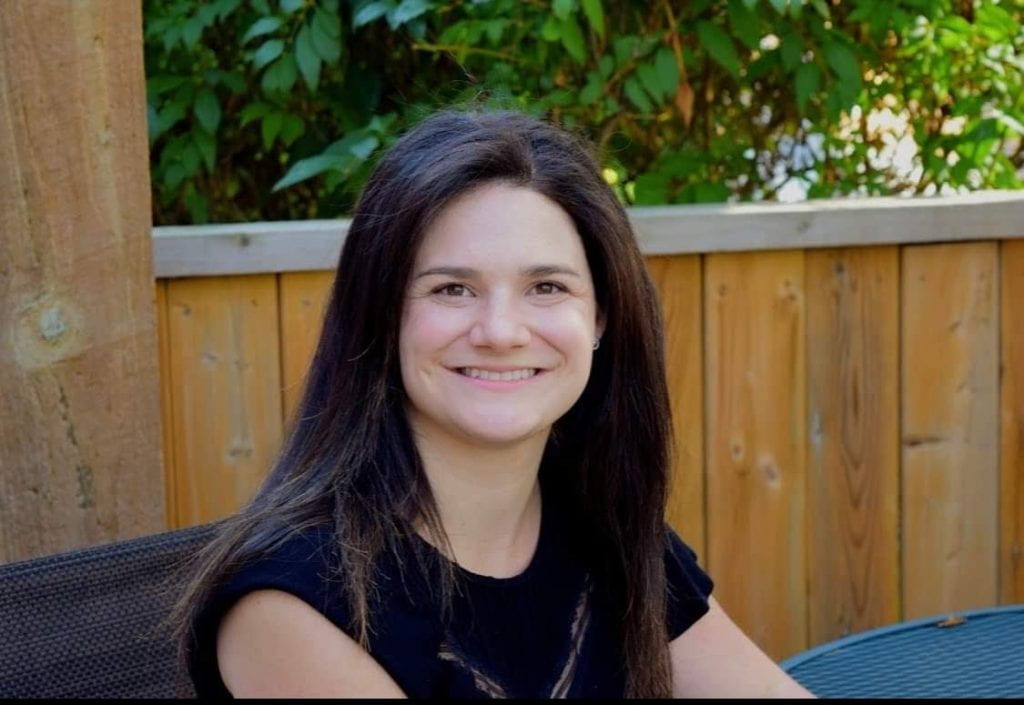
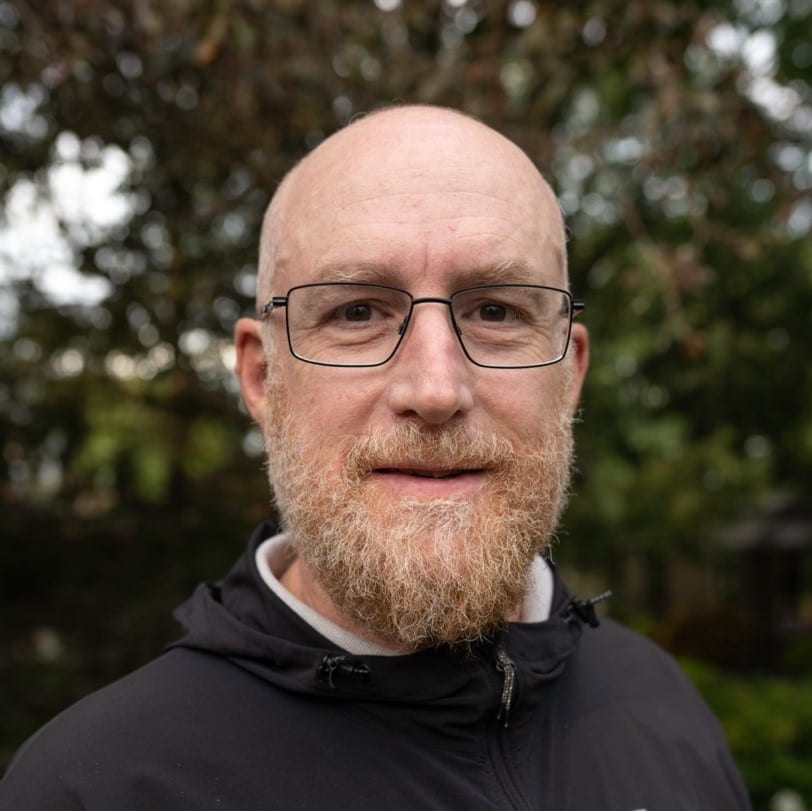
Susan Cork
I am currently a Professor at the University of Calgary, Faculty of Veterinary Medicine. I joined the faculty in 2008 as founding Head of the Department of Ecosystem and Public Health. Prior to arriving in Canada, I spent five years with the New Zealand Ministry of Agriculture & Forestry where I held a number of science, policy and management positions. I completed my Veterinary degree (Massey University, New Zealand) in 1987 and my first job after graduating was with the Society for the Prevention of Cruelty to Animals on the Pacific Island of Fiji. Subsequently, I worked in private veterinary practice in the United Kingdom before returning to New Zealand to complete a PhD. During my PhD, I provided diagnostic support for wildlife conservation programs in partnership with the New Zealand Department of Conservation. In 1995, I accepted the position of veterinary laboratory manager in Eastern Bhutan; this was part of a European Union funded project to strengthen veterinary services in South Asia. In 2003, I returned to New Zealand to join Government Service and obtained a Diploma in Public Policy from the School of Government, Victoria University, Wellington. Since then I have returned to Bhutan a number of times and recently participated in an OIE adhoc expert committee for the development of training modules for veterinary paraprofessionals in low and middle income countries. My research interests are in global health, wildlife diseases, animal health policy and veterinary public health.
Daniella Rizzo
Dr. Daniella Rizzo graduated with a DVM degree from the Ontario Veterinary College in 2017. After practicing full time as a large animal veterinarian for a year, she returned to the University of Guelph to complete the Master of Public Health program in early 2020. After her student practicum placement with the Public Health Agency of Canada in 2019, she returned to work as a veterinary epidemiologist with the Canadian Integrated Program for Antimicrobial Resistance Surveillance (CIPARS). Her work focuses on surveillance of antimicrobial resistance in food animals across the farm to fork continuum and chronic sequelae of Salmonella infections in people.
Thomas McIlwraith
I am a cultural anthropologist at the University of Guelph. Much of my career has centred on questions of Indigenous land use practices and principles, particularly within the context of settler resource extraction. I have worked closely with a small number of First Nations communities in British Columbia on these topics. I am also interested in the lived experiences of Indigenous peoples and in recording their stories in ethnographic and life history forms.
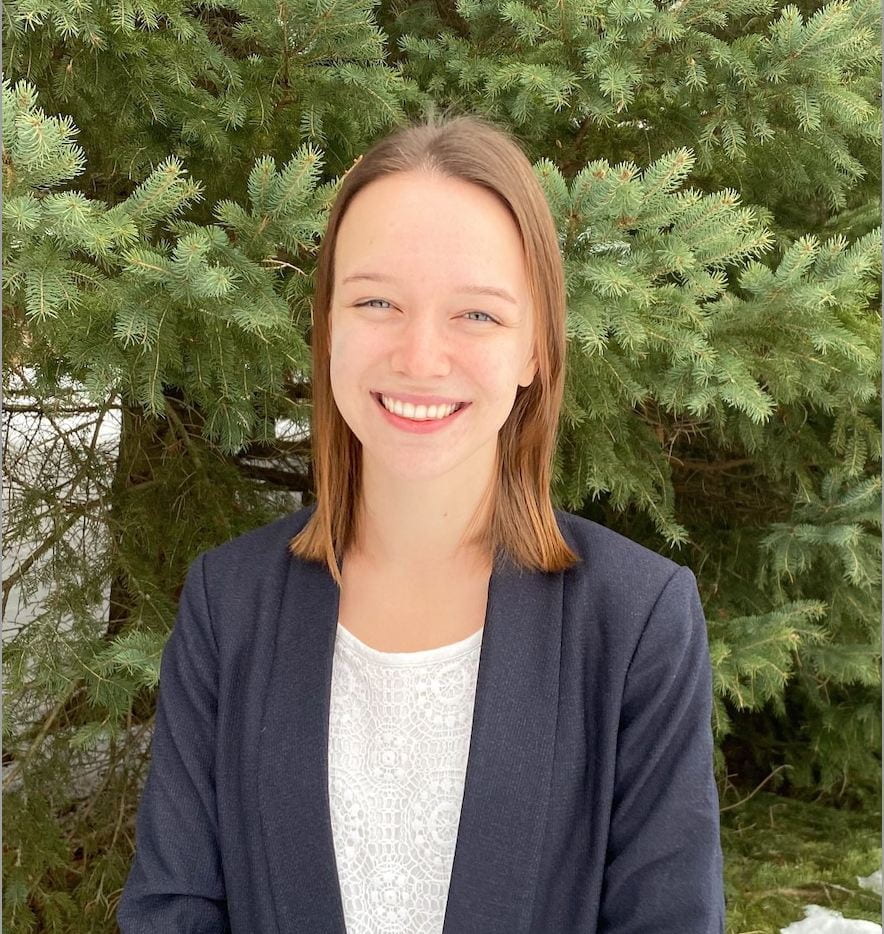
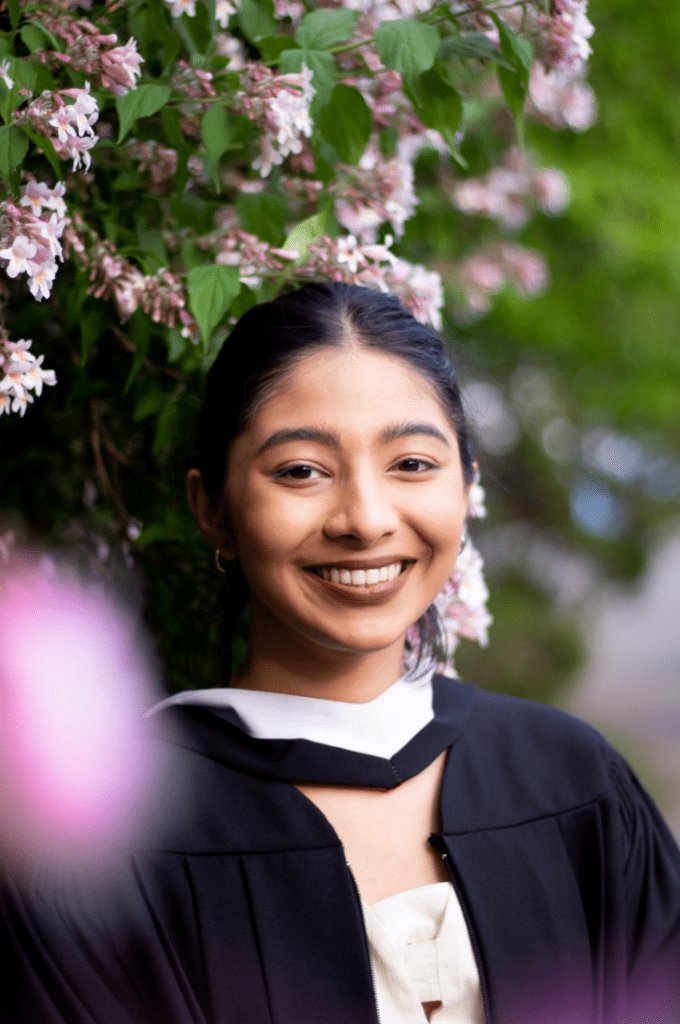
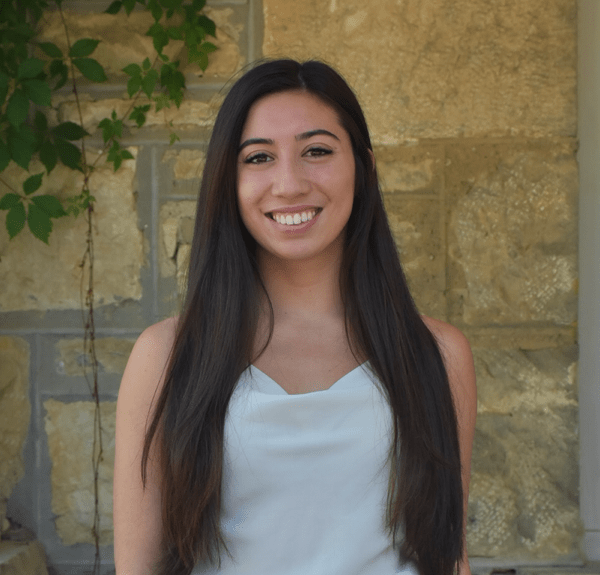
Grace Nichol
My name is Grace and I am one of the co-presidents of the OHSC. I am a PhD student at OVC studying epidemiology, and I am also completing the Collaborative Specialization in One Health program. This is my second year on OHSC, and I have really enjoyed working with so many other students who are passionate about One Health! I love that collaboration is such a big part of One Health, and I think that taking a One Health approach will allow us to solve some of the big problems we are facing. In my spare time, I like to hike and spend time with my dog and cat.
Priya Jain
Hi everyone! My name is Priya Jain (she/her) and I am one of the Major Events Executives for the OHSC. I joined OHSC because it aligned with thoughts I have had for awhile, like why disciplines that often overlap are not integrate or taught with one another in mind. I think the emphasis on how trans-disciplinary work is important and the way in which it helped better understand how to solve complex issues made me excited to learn more.
Sydney Pearce
Hi everyone, my name is Sydney Pearce (she/her) and I’m the OHSC President! I founded OHSC back in fall 2019 and I’m doing my PhD in the Department of Population Medicine with the Collaborative Specialization in One Health. I’m passionate about One Health because its holistic, transdisciplinary nature can empower us to tackle many pressing issues affecting health, from climate change to food security, and encourages us to better understand and address the impact of inequities through research, practice, and advocacy. I also love that it allows me to engage with diverse communities and listen to so many important perspectives – it lets me explore fields that I didn’t go into but enjoy learning about! A fun fact about me is that I was on one of the U of G dance teams and cheer team (and *try to keep active with a local dance troupe online)!
One Health Professionals – Meet & Greets



David R. Lapen
David R. Lapen is a research scientist at the Ottawa Research Development Centre, Agriculture and Agri-Food Canada. He received his Ph.D. at Queen’s University in 1998 on wetland development processes. Dr. Lapen leads the interdepartmental Environmental Change One Health Observatory (ECO2) that focuses on the benefits and trade-offs of natural capital in agro-ecosystems: specifically, how natural capital can regulate and govern water quality/quantity, infectious diseases, crop productivity, GHG emissions, and biodiversity.
Daniella Rizzo
Dr. Daniella Rizzo graduated with a DVM degree from the Ontario Veterinary College in 2017. After practicing full time as a large animal veterinarian for a year, she returned to the University of Guelph to complete the Master of Public Health program in early 2020. After her student practicum placement with the Public Health Agency of Canada in 2019, she returned to work as a veterinary epidemiologist with the Canadian Integrated Program for Antimicrobial Resistance Surveillance (CIPARS). Her work focuses on surveillance of antimicrobial resistance in food animals across the farm to fork continuum and chronic sequelae of Salmonella infections in people.
Thomas McIlwraith
I am a cultural anthropologist at the University of Guelph. Much of my career has centred on questions of Indigenous land use practices and principles, particularly within the context of settler resource extraction. I have worked closely with a small number of First Nations communities in British Columbia on these topics. I am also interested in the lived experiences of Indigenous peoples and in recording their stories in ethnographic and life history forms.


